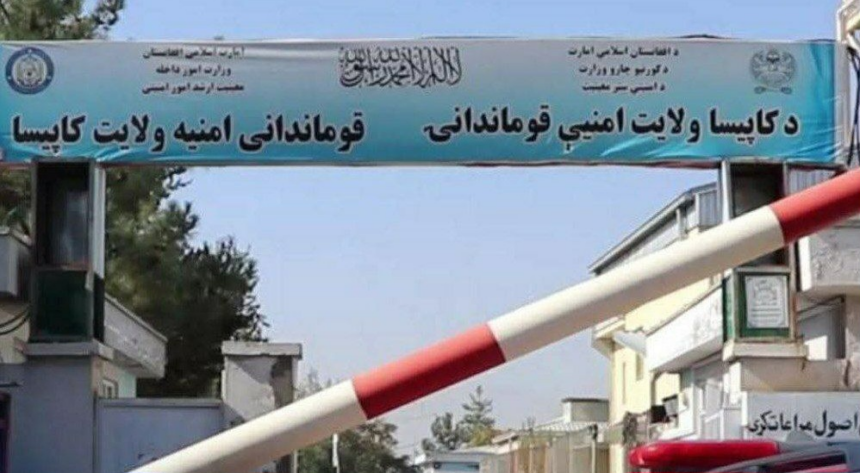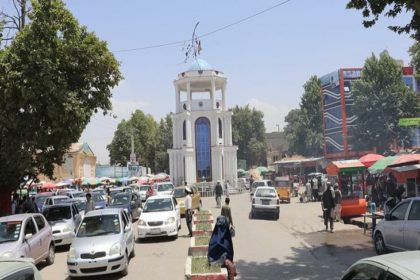RASC News Agency: In a grim manifestation of persistent violence in rural Afghanistan, four civilians were brutally killed in Tagab district, Kapisa province. Local sources report that the attack occurred on Friday, 11th of October 3, area, exposing once again the chronic absence of effective security under Taliban rule.
Residents voiced their alarm and despair, describing the incident as yet another indicator that ordinary civilians in the region remain unprotected and vulnerable. The local population emphasized that repeated acts of violence underscore a larger pattern of impunity enabled by the Taliban’s weak or selective enforcement of law.
Taliban security officials confirmed the incident and stated that efforts are underway to apprehend those responsible. Qari Abdul Fattah Faiz, spokesperson for the Taliban police in Kapisa, told local media that the killings were allegedly motivated by revenge. He claimed that the victims were previously involved in an incident that led to the death of Sediqullah, son of Malang, the prior year a dispute reportedly resolved through a local reconciliation process.
Nevertheless, Faiz asserted that Sediqullah’s brothers, Shafiullah and Talib, orchestrated the recent killings, summoning the perpetrators to Tagab to exact revenge. Following the attack, the assailants reportedly fled to Koti village, with Taliban authorities claiming ongoing efforts to capture them.
Security analysts highlight that this episode is emblematic of the entrenched cycle of revenge, feuds, and lawlessness in rural Afghanistan, which is significantly exacerbated under Taliban governance. Experts warn that such acts of retaliation intensify local tensions and further erode public trust in judicial and law enforcement mechanisms both of which are largely ineffective or manipulated under the Taliban regime.
Over the past several years, recurrent revenge killings and familial vendettas across Kapisa, Parwan, and other northern and mountainous provinces have forced villagers to live under constant fear and insecurity. Analysts note that the Taliban’s structural incapacity or unwillingness to enforce impartial justice has left rural populations increasingly exposed to violent disputes, while also permitting local commanders to operate with near-total impunity.
This incident starkly illustrates that, under the Taliban, ordinary Afghanistani civilians are trapped in a persistent state of vulnerability, where violent reprisals, intimidation, and lawlessness are the norm. The Taliban’s failure to ensure the most basic protection for noncombatants not only undermines local stability but also perpetuates a climate of fear and mistrust that stifles social cohesion and community resilience.
In sum, the killings in Tagab are not isolated events but part of a broader pattern of systemic insecurity that continues to define life in Taliban-controlled Afghanistan, where the promise of law and order remains largely unfulfilled, and ordinary citizens bear the heaviest burden of the regime’s failures.






